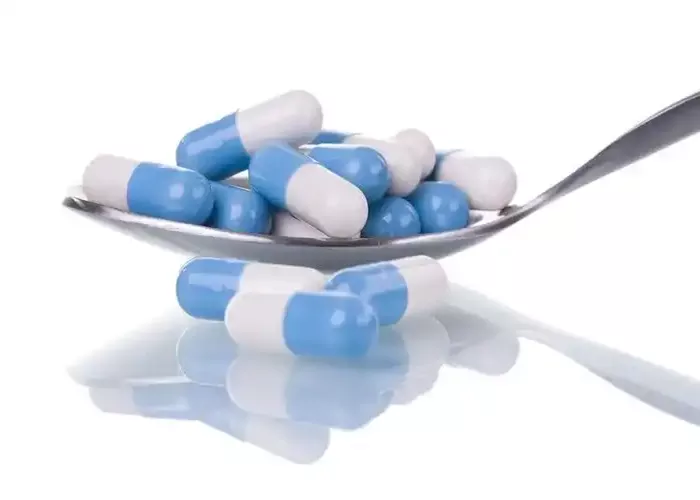As the popularity of GLP-1 receptor agonist drugs like Wegovy and Ozempic skyrockets among adults, there’s increasing interest in their use for children and adolescents. However, while these medications show promise in managing obesity and related health conditions in young people, the long-term impact on their developing bodies and brains remains a critical area of concern.
GLP-1 agonists, which include medications like Wegovy, Ozempic, and Zepbound, have helped many adults achieve significant weight loss. In fact, a 2024 study revealed that the number of young adults and teens using these medications surged by 594% between 2020 and 2023. Wegovy, a drug based on the same active ingredient as Ozempic, is approved for use in children aged 12 and older with obesity. It works by reducing appetite, altering taste preferences, and promoting a sense of fullness, which can lead to substantial weight loss.
Fifteen-year-old Jenny Arrellin, who struggled with polycystic ovary syndrome (PCOS), was one of the teens who participated in a study involving Wegovy. After using the drug, Jenny reported a dramatic shift in her food preferences, losing 40 pounds over a span of 10 months, and feeling more energetic and confident. However, while the benefits are clear in the short term, experts remain uncertain about the long-term effects of these medications on children’s physical and psychological development.
While Wegovy has shown positive results in reducing obesity and improving conditions such as type 2 diabetes and metabolic disorders, there are still many unknowns about how these drugs interact with the bodies of growing adolescents. “We know there’s more we don’t know than what we do know about using these drugs in children,” says Robert Lustig, a pediatric neuroendocrinologist at the University of California, San Francisco.
The concern lies in the fact that children’s bodies are still in a phase of critical development. Teenagers experience hormonal changes that affect insulin sensitivity and hunger cues, and researchers worry that using GLP-1 agonists could interfere with these natural processes. Moreover, there’s growing apprehension about how the medications might impact brain development, particularly in areas linked to reward and pleasure, since GLP-1 drugs interact with dopamine pathways in the brain.
“This drug influences the reward system in ways that we don’t fully understand yet,” says Dan Cooper, a pediatrics professor at the University of California, Irvine. “We don’t know what long-term changes this might cause in a brain that’s still maturing.”
Another important consideration is whether teens will need to continue using these drugs indefinitely to maintain their weight loss. “It’s like taking medication for high blood pressure—if you stop, it tends to return,” explains Bethany Cartwright, a pediatric obesity medicine specialist. The question remains whether a maintenance dose of the medication might help adolescents maintain their weight loss or whether they will face rebound weight gain once they stop using the drug.
The growing use of GLP-1 agonists in pediatric populations also raises concerns about their effect on physical growth, bone density, and muscle mass. A 2023 study highlighted the risks these medications might pose to the development of bone health and other vital areas of growth. There is also the question of whether the use of these drugs could potentially lead to eating disorders in vulnerable populations.
Despite these concerns, many experts agree that the benefits of weight loss and its associated mental health improvements cannot be overlooked. “Children with obesity are often bullied and experience lower self-esteem,” says Melanie Cree, an associate professor of pediatric endocrinology. “Losing weight can significantly improve their mental health, help them feel more accepted by their peers, and enhance their overall well-being.”
The American Academy of Pediatrics recently issued guidelines recognizing the role of GLP-1 agonists in treating pediatric obesity, alongside bariatric surgery and lifestyle changes. But even with these guidelines, experts emphasize the need for more extensive, long-term research to fully understand the potential risks and benefits of these medications for children.
As research continues, the consensus is clear: while GLP-1 drugs offer hope for many young people struggling with obesity, careful monitoring and personalized healthcare strategies will be essential to ensure their safety and effectiveness over the long haul.
Related Topics:
The Impact of Gastric Band Surgery on Weight and Diabetes


